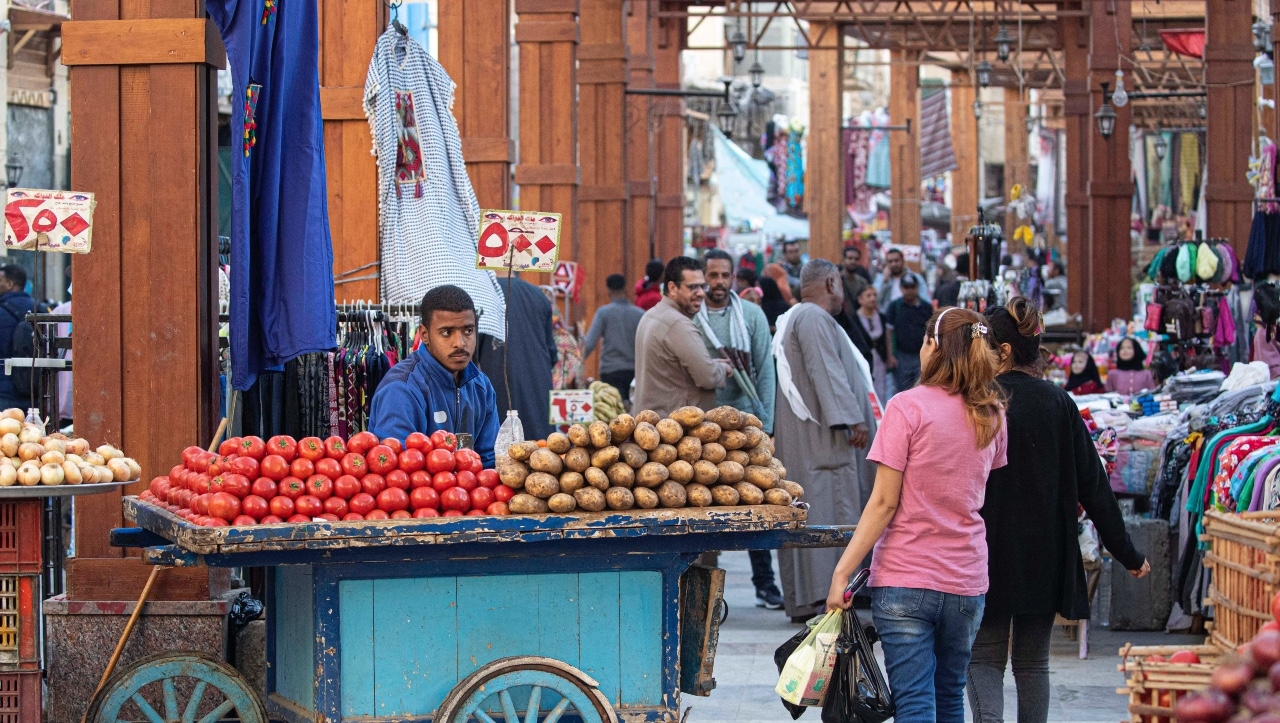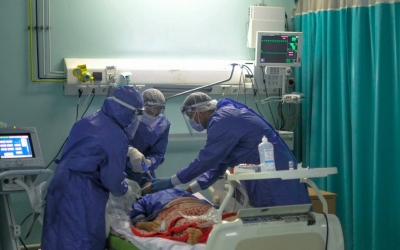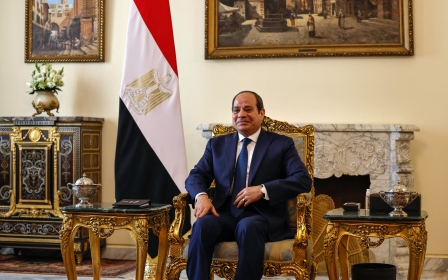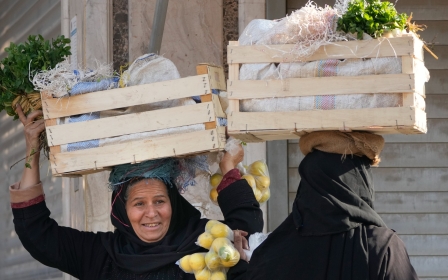Egypt pledges to sell stakes in 32 state firms over next year

Egypt is set to sell stakes in at least 32 companies by the end of March 2024, Prime Minister Mostafa Madbouly said on Wednesday, reviving stalled privatisation plans as the country grapples with mounting economic difficulties.
Stakes in three prominent banks - Banque du Caire, United Bank of Egypt, and the Arab African International Bank - are ear-marked for sale along with insurance, electricity and energy companies. Government-owned hotels and agricultural firms are also on the block.
The first stakes will be offered by the end of March, followed by another sale at the end of June, Madbouly said after a cabinet meeting.
"The offerings include a number of companies either to widen the participation of Egyptian citizens in public ownership or to bring in strategic investors," he said.
The Arab world’s most populous nation has been reeling from the dual impacts of the Russia-Ukraine war and the Covid-19 pandemic on its import-dependent economy. It has been forced to devalue its currency as economic pressures mount, contributing to spiralling inflation.
Cairo was forced to turn to the IMF for its fourth loan from the lender in six years. As part of its $3b bailout deal, it's supposed to open up its books for state-owned enterprises (SOEs), move forward with privatisation, and slow spending on public projects.
Military economy
Egypt’s military has historically played an outsized role in economic life. President Abdel Fattah el-Sisi, a one-time general who rose to power following the overthrow of former President Mohamed Morsi, turbocharged the state’s economic footprint, doubling down on a military-controlled economic model in a bid to stem the financial turmoil that followed the 2011 Arab Spring.
As part of that effort, Sisi oversaw a massive infrastructure spending spree, building everything from bridges to a nuclear power plant.
His ambitions are symbolised by the construction of a sprawling new capital city with skyscrapers and luxury residences. Advocates say it is being designed to ease congestion in Cairo, but critics deride it as an economically impractical and irresponsible vanity project.
Last year, the government unveiled a plan preparing assets and projects worth $40bn to be sold either to the private sector or offered for partnership in the coming three years.
But the army has generally been reluctant to cede its grip on an economic empire that encompasses sectors from grocery stores to cement factories.
The Egyptian army is believed to control between 20 and 50 percent of the economy, although President Sisi has always scoffed at reports in this regard, estimating the army's share in the economy at between 1.5 and two percent.
The sale of state assets is intended to plug Cairo's financing gap and attract much-needed international investment. Critics, however, have raised concerns that the government is haphazardly selling off prized state assets to Gulf countries.
Madbouly’s comments come after a leading credit rating agency downgraded Egypt’s rating Tuesday, noting its dwindling foreign currency reserves and vulnerability to external shocks.
Moody’s lowered Egypt’s long-term foreign and local-currency issuer ratings from B2 to B3. The agency also raised its outlook on Egypt to stable from negative, according to a statement.
Middle East Eye delivers independent and unrivalled coverage and analysis of the Middle East, North Africa and beyond. To learn more about republishing this content and the associated fees, please fill out this form. More about MEE can be found here.






